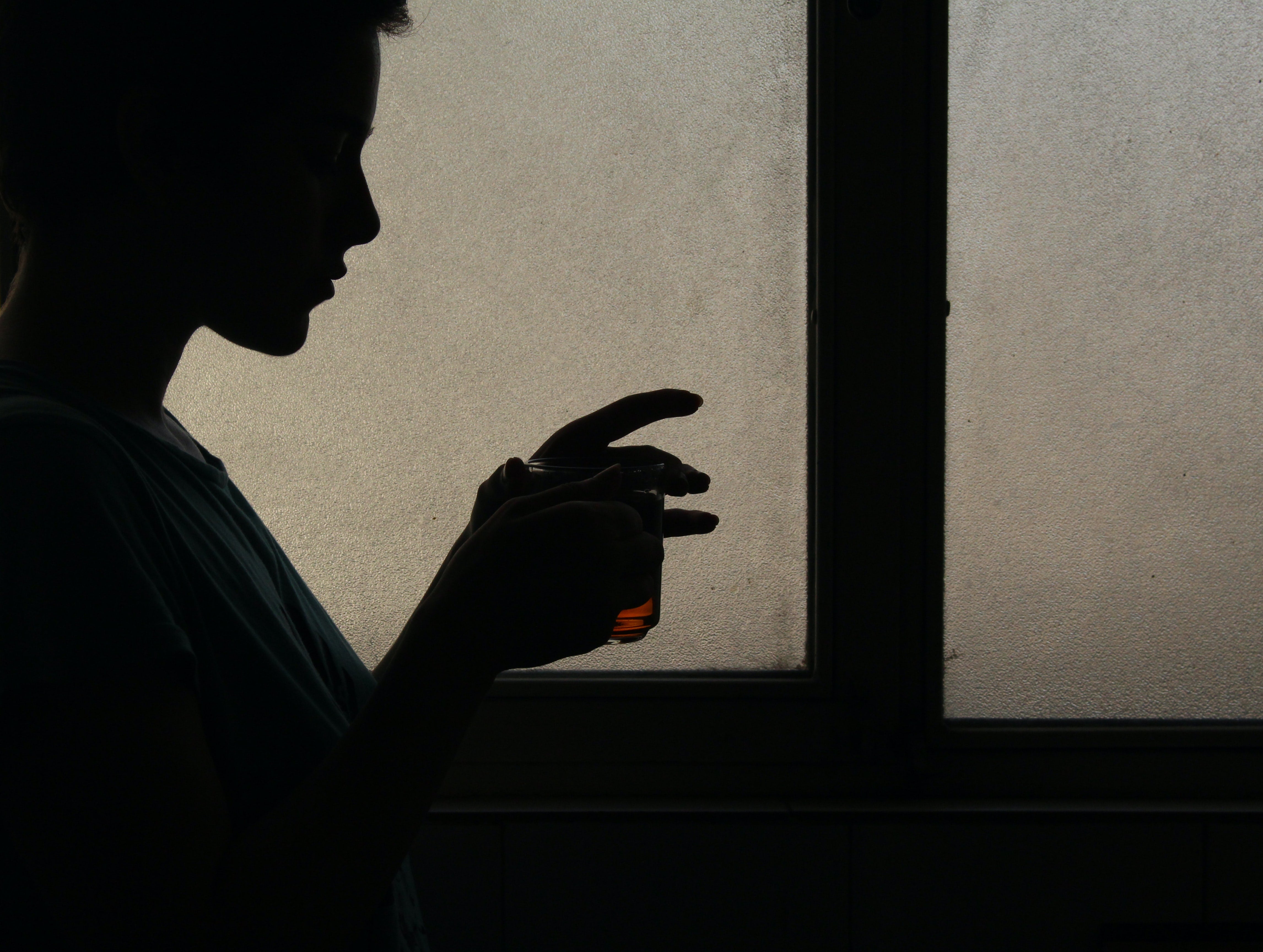can you get an STI without having sex?

Debunking a common misconception.
It’s no secret that we’re passionate about making sex safe for everyone. But what many people don’t realize is that you can be at risk of getting an STI—like chlamydia, gonorrhea, herpes, HIV, HPV, syphilis, and trichomoniasis—without actually having sex.
Yep, the world can be a scary place sometimes. Here are some of the other ways you can get an STI.
Kissing: Aside from mono (aka “the kissing disease), you can also get oral herpes from making out with your partner if they are infected with it. The same goes for sharing lip balm, drinking vessels, and silverware, so be mindful of who you’re swapping saliva with.
Partner masturbation: Even if you’re not engaging in penetrative sex, anything that exposes you to another person’s bodily fluids or genitals—whether that be masturbation, oral sex or sharing of vibrators or devices—you’re at risk of contracting an STI if your partner has one. It’s a good idea to use a dental dam or condom in these situations.
Tattoos and body piercings: If you’re opting for either of these, make sure any tools being used have been thoroughly sterilized.
Shaving: Because shaving often leaves tiny cuts on the skin, sharing any kind of razor can expose your blood to infection.
Shared towels and sheets: The parasites that cause trichomoniasis can spread via damp fabrics, so keep that in mind when you reach for your partner’s towel.
We get it—the initial “have you been tested” conversation can be a little awkward to bring up and can feel like a mood killer. But you’ll be grateful you did when it saves you from being exposed to the many—often serious—health problems that STIs can cause. And if you have an STI yourself, it’s essential that you let your partner know beforehand so you can take the proper precautions.
A good way to bring it up? Mention the last time you had an STI test, which naturally leads to asking your partner when they last had theirs. By offering up the information first, it can help it seem less like an interrogation.
Read more about having the STI conversation with a potential sex partner.



